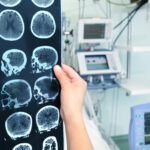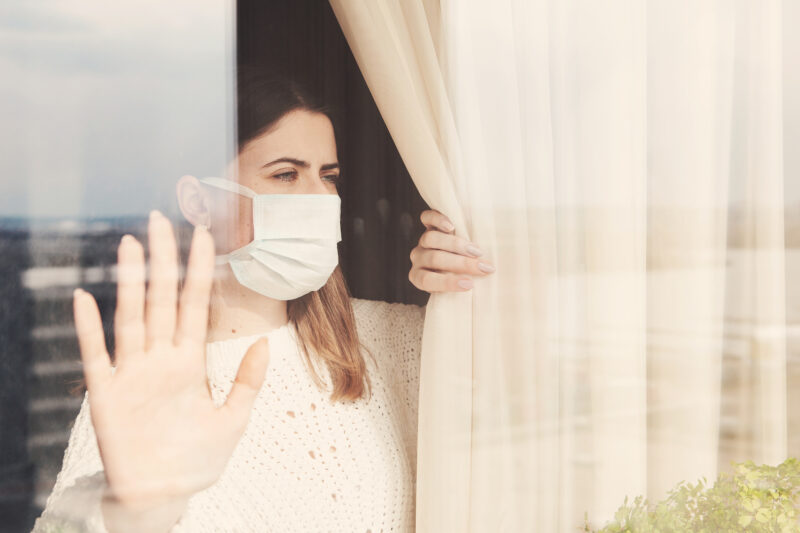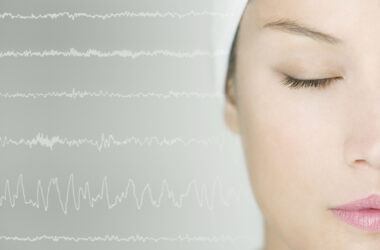The COVID-19 pandemic has impacted every single of aspect of our lives: physically, emotionally, mentally, economically and socially.
As we all should continuing doing our part of wearing masks and abiding by social distancing guidelines to fight this crisis, there is a growing body of evidence that suggests social isolation and loneliness may become America’s next public health crisis.
Social isolation or the “absence of” social interactions, contacts, and relationships with family and friends, with neighbors on an individual level, and with society at large on a broader level, can have severe negative impacts of people’s health outcomes.
Across the globe, countries are studying how social isolation influences our health, particularly on the brain and cognitive function.
It is already known that loneliness is associated with increased risk of cognitive decline and dementia, as well as mental health consequences such as depression and anxiety.
Researchers around the world currently have one of the largest focus groups to study and form more informed conclusions on this subject due to the ongoing crisis.
Existing social isolation studies recognize that the prefrontal cortex, hippocampus and amygdala are directly impacted by the lack of or complete loss of social interaction.
- Prefrontal Cortex: This area of the brain assists primarily with our working memory function or the storage of information, decision making and social behavior. Some studies suggest that the prefrontal cortex has reduced function and volume without regular social interaction.
- Hippocampus: It is a complex brain structure embedded deep into temporal lobe and it has a major role in learning and memory. Social isolation is correlated with hippocampus shrinkage and reduced concentrations of brain-derived neurotrophic factor (BDNF), which is associated with learning and memory impairments.
- Amygdala: The amygdala is a collection of nuclei found deep within the temporal lobe. It is responsible for how we experience emotions, especially fear. Researchers have previously found a correlation between the size of a person’s social network and the volume of their amygdala. Those with smaller amygdalae is also correlated with people who feel lonely frequently.
As we all navigate the realities of COVID-19, it is important to make an effort to stay connected with family, friends and other supportive relationships.
We should particularly remember to connect with the elderly who are most at-risk of these cognitive impacts and most isolated during the pandemic.
If we all work to make small changes, we can have a significant influence on our long-term health outcomes.










